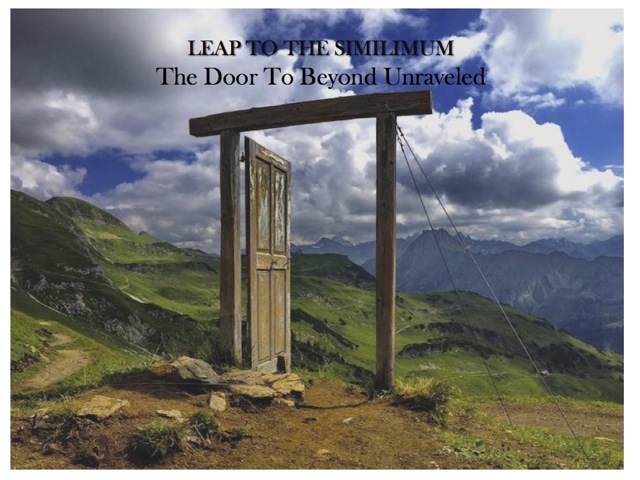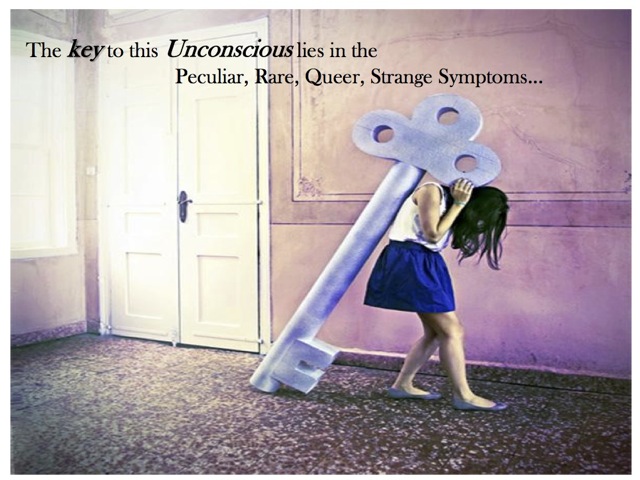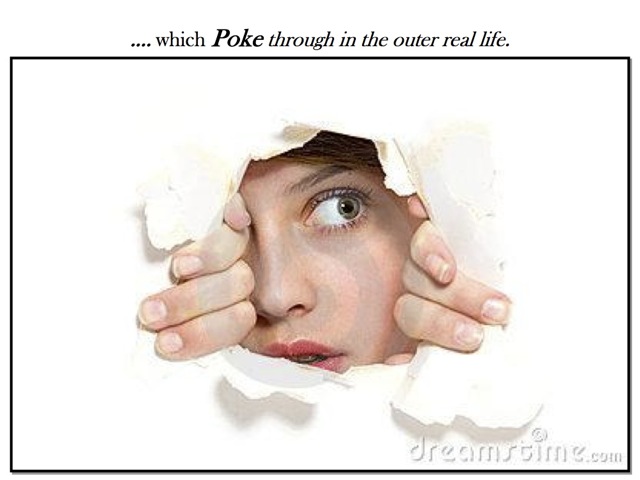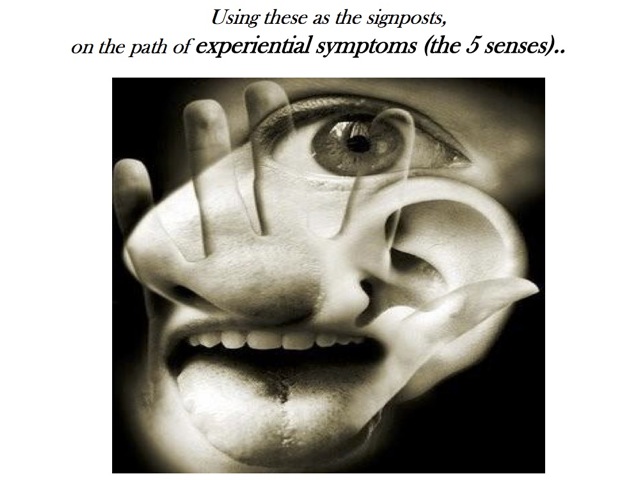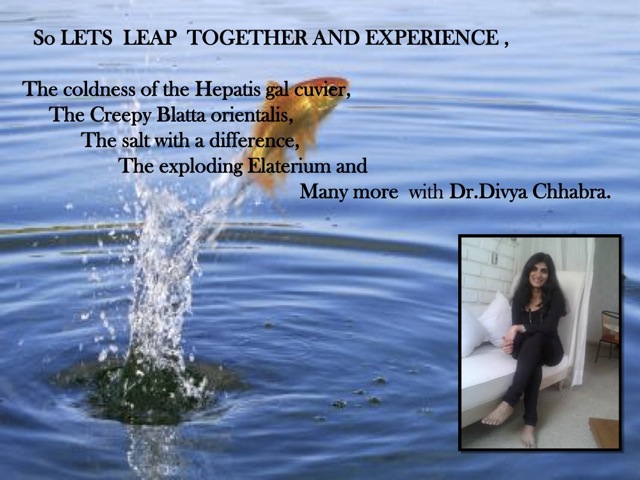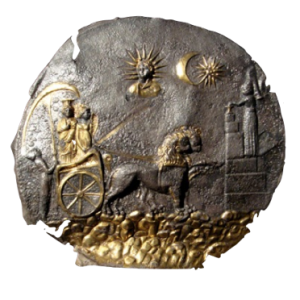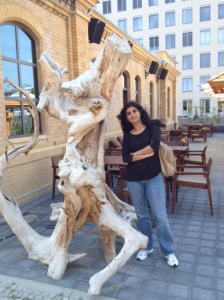Graduierte als Doktor der Medizin im Fach Psychiatrie 1981. Mit großer Leidenschaft lehrt er nun bereits seit zehn Jahren an medizinischen Universitäten und in Krankenhäusern. Auch ein beliebtes Lehrbuch für Psychiatrie hat er verfasst. Dr. Gandhi war geschätzter Leiter der psychiatrischen Abteilung einer angesehenen medizinischen Fakultät in Mumbai, doch gab er diese Stellung auf, um seinem Interesse an der Homöopathie nachzugehen. Er verfasste gemeinsam mit anderen Kollegen zahlreiche Psychiatrie-Bücher (nicht über die homöopathische Behandlung).
Dr. Gandhi arbeitet bereits seit 15 Jahren sehr eng mit Dr. Rajan Sankaran zusammen. Er ist Mitglied in dessen Team und auch Dozent vieler homöopathischer Seminare, die in Indien gehalten wurden, sowohl für indische als auch für ausländische Studenten.
Aufgrund seiner langjährigen Tätigkeit in psychiatrischen Kliniken hatte er natürlich Gelegenheit, sehr viele psychiatrische Fälle zu behandeln, und konnte auf diese Weise immense Kenntnisse in der homöopathischen Behandlung psychiatrischer Fälle erwerben.
Er verfügt über reichhaltige Unterrichtserfahrung in Psychiatrie und Homöopathie in Indien. Aber auch international ist Dr. Gandhi Dozent für den Bereich Homöopathie und Psychiatrie – er gibt Seminare in den USA, Israel, Bulgarien, Kroatien, Serbien, Südafrika, Neuseeland, Russland, Japan, Spanien, den Niederlanden und Deutschland.
Seit einigen Jahren hospitieren Studenten aus den verschiedensten Ländern in seiner Praxis in Indien, um homöopathisch-klinische Erfahrungen zu sammeln.
Dr. Gandhi ist für die Jahre 2009 bis 2012 zum Mentor am Hahnemann College of Homeopathy in London berufen worden.
Zur Zeit arbeitet er am Abschluss seines Buches über die homöopathisch-psychiatrische Behandlung.
Über Dr. Mahesh Gandhi’s Seminar
Patienten mit psychiatrischen Erkrankungen stellen eine ganz besondere Herausforderung für Homöopathen dar, nicht zuletzt deshalb, weil sie zumeist auch eine Zusammenarbeit mit dem Allopathen erforderlich machen.
Die psychischen Erkrankungen sind heutzutage vergleichbar häufig anzutreffen wie Herzerkrankungen oder Krebs, und wir dürfen erwarten, dass die Zahl der Erkrankten noch ansteigen wird, – wir sollten also vorbereitet sein!
Dr. Mahesh Gandhi ist als Homöopath mit allopathischem Erfahrungshintergrund in der hervorragenden Position, uns das notwendige Verständnis und Wissen beider Bereiche zu vermitteln, das wir benötigen, um unseren Patienten zu helfen, ein vollwertiges Leben zurückzugewinnen.
Dr. Mahesh Gandhi verfügt über reichhaltige Erfahrungen in der Behandlung von Depressionen, Angsterkrankugen, Suchterkrankungen und Schizophrenie. In diesem Seminar möchte er seine Erfahrungen in der Führung und Behandlung von Patienten mit Angsterkrankungen und insbesondere mit Panikerkrankungen mit uns teilen. Dabei verwendet er die „Neue Methode“ von Dr. Rajan Sankaran bei der Behandlung seiner Patienten. Er wird uns zeigen, wie er Patienten führt, damit sie quasi über die Quelle der Arznei sprechen, die sie für ihre Heilung benötigen, – natürlich unter Verwendung von „Königreichen“, Ebenen und Miasmen.
Angsterkrankungen sind die häufigsten aller psychiatrischer Erkrankungen, eine von acht Personen ist betroffen, und dies weltweit. Von den Angsterkrankungen wiederum sind es die Panikerkrankungen, die das Leben am meisten einschränken. Menschen mit Angsterkrankungen beschreiben ihre Erfahrungen als einen Terror, der ganz plötzlich und ohne jede Vorwarnung auftritt. Die Attacken sind zumeist begleitet von Kurzatmigkeit, Schwindel, Herzklopfen, Übelkeit und/oder abdominellen Beschwerden. Während eines Panikanfalls glauben die Patienten meist, sie hätten einen Herzanfall oder sie verlören gerade ihren Verstand. Panik-Erkrankte entwickeln häufig Agoraphobie (von agora [griech. „Marktplatz“], beinhaltet also die Furcht vor großen Plätzen gleichermaßen wie die Furcht vor Menschenansammlungen) zusätzlich zu ihren Panikattacken. Folglich vermeiden sie es, hinauszugehen an Orte, an denen sie Panikattacken überkommen könnten und/oder von denen sie annehmen, dass sie dort keine Hilfe bekommen könnten. Wenn die Agoraphobie einen bestimmten Ausprägungsgrad erreicht hat, verlassen sie dann das Haus gar nicht mehr.
In diesem dreiägigen Seminar wird uns Dr. Mahesh Gandhi seine Art der homöopathischen Arbeit vorstellen – am Beispiel von Patienten der letzten 25 Jahre, die von Angsterkrankungen und Panikattacken geheilt wurden.
Ein in Europa, Nahost und Asien sehr beliebter Dozent, eine angenehme und bescheidene Erscheinung, wird nun zum zweiten Mal in Berlin lehren.
